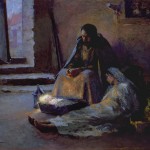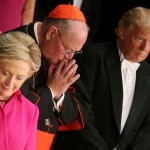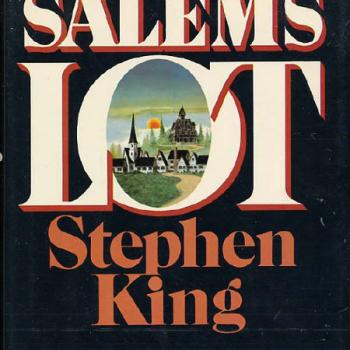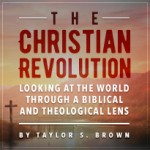Ross Douthat is one of the premier Christian journalist working today, in my humble opinion. Douthat (a conservative Roman Catholic Christian) is a very perceptive and clear writer on religion, culture, politics, and other related subjects. His book, Bad Religion: How We Became a Nation of Heretics (Free Press, 2012), is one of the best contemporary assessments of American religion that I have read in recent memory.
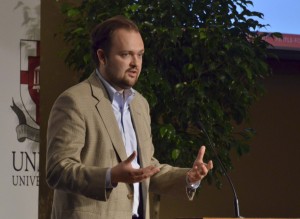
Douthat continues this journalistic excellence with a recent column in the New York Times, where he is a regular columnist. Channeling his inner William James, Douthat’s article, “Varieties of Religious Experience,” discusses several of the odd religious and spiritual experiences encountered by ardent nonbelievers like A. J. Ayer and Barbara Ehrenreich. Douthat describes it as a hobby of his to collect stories like these because of their intriguing nature.
In some ways these stories are more intriguing than mystical experiences that confirm or inspire strong religious belief, because they come to us unmediated by any theological apparatus. They are more like raw data, raw material, the stuff that shows how spiritual experiences would continue if every institutional faith disappeared tomorrow.
I agree with Douthat. Despite the shouts of secular ideologues throughout the 19th and 20th centuries (and even some in the 21st) the supernatural character of reality refuses to be silenced. Even if all of the organized religions of the world were to disappear tomorrow, the supernatural character of reality would go right on disrupting secular and materialistic worldviews without much of a hiccup.
The organized religions of the world aren’t going anywhere soon though. Indeed, as far as the two largest—Christianity and Islam—go they are growing rather than shrinking, as scholars like Philip Jenkins and Rodney Stark have powerfully demonstrated. The question then becomes which view of the world best explains not only the cosmos, humanity, and history, but also the vast swath of human religious experiences, including those strange ones encountered by nonbelievers. In relation to the variety of strange encounters listed in the article, Douthat observes that it would be understandable if one turned to a form of polytheism or pantheism to explain them. But these positions would ultimately be insufficient:
And not necessarily comforting forms of polytheism or pantheism. As a strictly intellectual matter, I am very confident that God exists. In dark times, though — and this has been a dark year in many ways — I wonder if the Absolute relates to us in the way that my church teaches, if he will really wipe away every tear and make all things that we love new.
This is the wager that Christmas offers us, year in and year out. It isn’t Pascal’s famous bet on God’s very existence; rather, it’s a bet on God’s love for us, a wager that all the varieties of religious experience, wonderful and terrifying and inscrutable, should be interpreted in the light of one specific history-altering experience: a divine incarnation, a baby crying beneath a pulsing star.
The odds on that wager feel different year to year. They change with joy and suffering, tranquillity and crisis, sickness and health.
But I haven’t found better ones.
I haven’t found better ones either.

